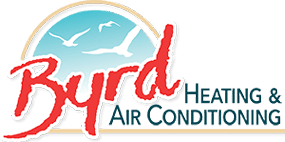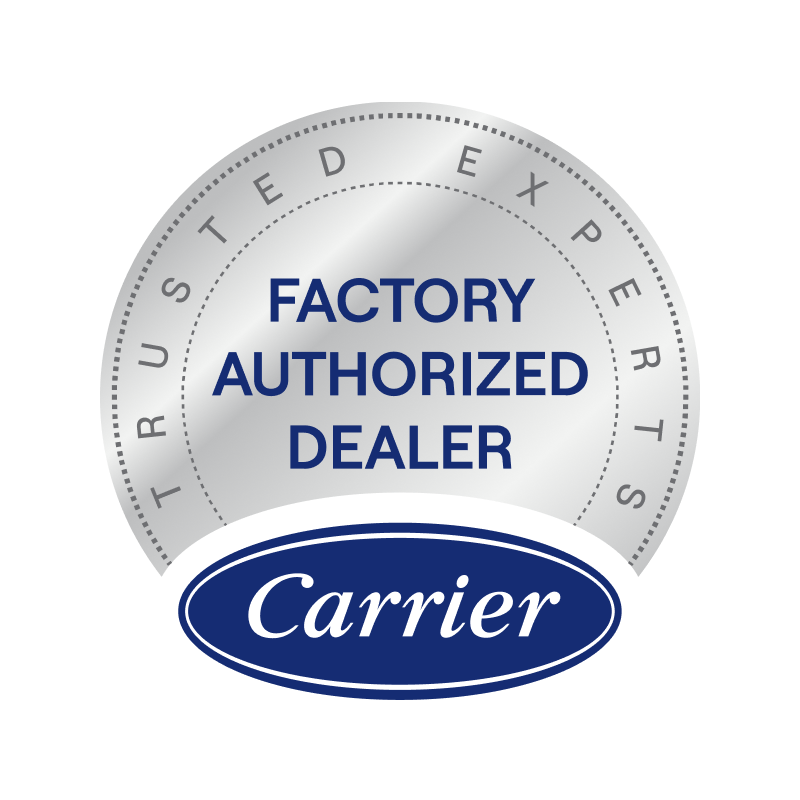Although Savannah is better known for our hot and muggy summer weather, we do get our fair share of chilly temperatures in the winter months. Unfortunately, many of our beautiful, historic homes are not fitted with furnaces or other heaters that work well, and those ancient fireplaces are out of commission. What to do?
Your two best options for on-demand heating are portable heaters and ductless heating. Each of these options has pros and cons, but both are relatively simple to install and will keep the most occupied rooms in your home toasty on the colder days of winter.
Portable heaters work well for providing warmth in areas of your home that need it most, and are fairly inexpensive, but it is very important that the types and brands are well-researched before purchasing. There are various risks associated with using space heaters, such as burns (especially with children and pets), chance of fire if unit is tipped over or improperly used, and poor air quality or carbon monoxide poisoning. Ductless heating systems will be more expensive and will require installation, but they are more cost effective in the long run (thanks to their amazing efficiency) and are very safe to use in any home.
What Is the Best Portable Heater for the Home?
There are many options to choose from when purchasing a portable heater. Oil-filled radiator, fan-forced air, infrared, ceramic, propane, wood, pellet and carbon or quartz space heaters are all on the market, and each would heat an average sized living room. However, when choosing what kind of portable heater to bring into your home, safety should be a major deciding factor, followed by performance, energy efficiency and ease of use and upkeep.
While there are several very safe models of space heaters, there are also some that either have dangerous issues or that simply aren’t meant to be used indoors. For example, heaters that use combustible fuels, like kerosene, pellets or oil, may be adding harmful (and potentially deadly) fumes to your air. Toxins could include carbon monoxide and nitrogen oxides. This is why unvented, or “vent-free” combustion heaters are never recommended for use inside a home. In fact, most states have banned vent-free kerosene units for home use.
What Are Ductless Mini-Split Systems?
A ductless heating system, also called a mini-split system, is essentially a small, outdoor heat pump unit. The heat pump is connected to an indoor unit (called a “head”) by a 3-inch wide copper refrigerant line that travels directly through an exterior wall. This line is the only “obtrusive” part of installing the system, since ducts for carrying the air are not needed. The heads themselves are sleek and relatively unobtrusive, and can be installed on the wall or suspended from the ceiling. Free standing floor models are also available and may be better suited for heating a home, since warm air rises.
How Does a Ductless Mini-Split Heat Pump Work?
Ductless heating units work much like your refrigerator, but in reverse. They pull heat from the outside air and pump it into your home, and it is distributed by the head using a quiet fan. The air is clean and the unit is thermostat controlled, making it efficient and unlikely to overheat your home. There is also no risk of burns for pets or people, or fires from misuse, making mini splits a very safe option. Multiple units can be installed to heat the more commonly used rooms in your home. Each unit is individually controlled, making essentially a “zoned” home system, which are becoming very popular among builders and home owners for their efficiency and unparalleled comfort.
To find out more about the pros and cons of ductless heating and portable heaters, or for more expert advice about HVAC systems, contact Byrd Heating and Air Conditioning today. We have been proudly serving Savannah, Georgia and the surrounding areas since 1986.

